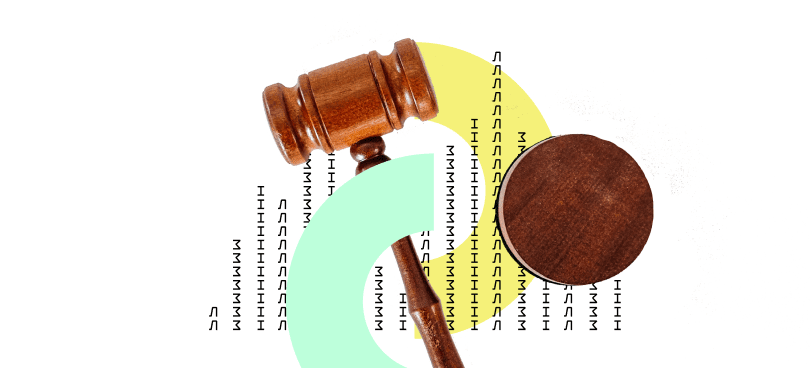In a film about the year of his presidency, Volodymyr Zelensky said: ministers will be changed until they find the perfect government. His words are confirmed by actions – in less than a year of new power, the composition of the Cabinet of Ministers has changed almost entirely (except “one of the most efficient officials”).
On the one hand, the president is right in saying, why should there bad ministers in government? Logically, such people need to be replaced. But to whom? And is there a vision of “ideal government”?
Alternation of power is one of the fundamental principles of democracy. But the fact is that frequent and unjustified rotation of officials can indicate a one-time policy and, as a result, instability in the country. It is important to understand that politics is a process. It is a “long game”. It requires a strategic vision of where to go, an understanding of how to get there, and action. Good government is not where good ministers work, but where good public policies are implemented.
When the members of the coalition of a European democratic country are negotiating the composition of the government, the subject of the negotiations is not the distribution of “flows”, not the invention of new posts, so that they will suffice for all the “right” persons. Government portfolios are divided by parties to implement the policies that voters voted for – health policy, education policy, agricultural policy, etc.
In a situation where the government is formed through the prism of state policy rather than the personalities of ministers, the issue of frequent change of ministers is not relevant. Ministers are people who have passed the party selection, there is a party consensus on them, and therefore there is no need to change them.
In Ukraine reigns a personal principle. Leadership-type parties, instead of programs, are built around a “wise” leader. Accordingly, the government is also formed not based on a particular set of State policies but based on personal considerations. It includes people who are personally loyal to the leader (or his surroundings). When personal loyalty decreases, a change of government occurs.
Stable government = predictable policies = prerequisites for economic growth. Of course, it is not a question of retaining ministers in their posts. But frequent government renewal is a bad sign, for example, for investors. This indirectly indicates that politics in Ukraine is unpredictable, and decisions are one-time. Such an approach is incompatible with long-term planning (and plans to build a new factory is a long-term plan).
Continuous and unclear changes – including personnel – are an indication that there is no strategy. Only “patching of holes” as a reaction to what is happening occurs. This means that development for the country under such an algorithm of actions will not take place. There will be temporary “patches”.
And it’s not just people in government. Strategy, vision is absent everywhere. So it’s too early to be proud. Roads, hospital buildings, and new kindergartens are victories not at the level of the president’s responsibility and authority.
The removal of parliamentary immunity is also a questionable success. In Ukraine, both the rule of law (72 place out of 128 countries) and the independence of the three branches of government are in question. There are, therefore, risks of using law enforcement and judicial systems to prosecute the opposition.
















